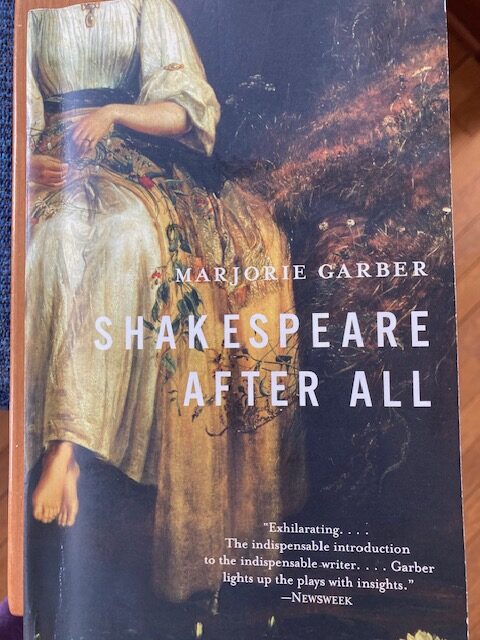
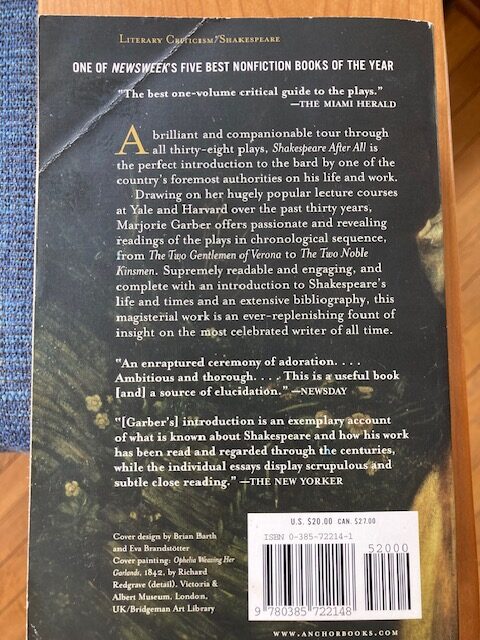
For anyone who needs occasional clarification and context on Shakespeare’s plays and the Elizabethan world that gave rise to them, this reference by critic Marjorie Garber is a welcome resource. Readable and well-researched, Shakespeare After All (Anchor Books, New York, 2004) weighs in at nearly two pounds and nearly 1,000 pages, but its enlightening scholarship is presented with clarity and occasional levity. It gives twenty-first century readers a sense of how the plays were first received as well as how their merits and qualities have weathered over the centuries. Today, the traditional day when we celebrate the birth of William Shakespeare, bardic wellspring of so many English words and linguisitc vivacity, I wanted to share my regard for this perennial companion to the plays.
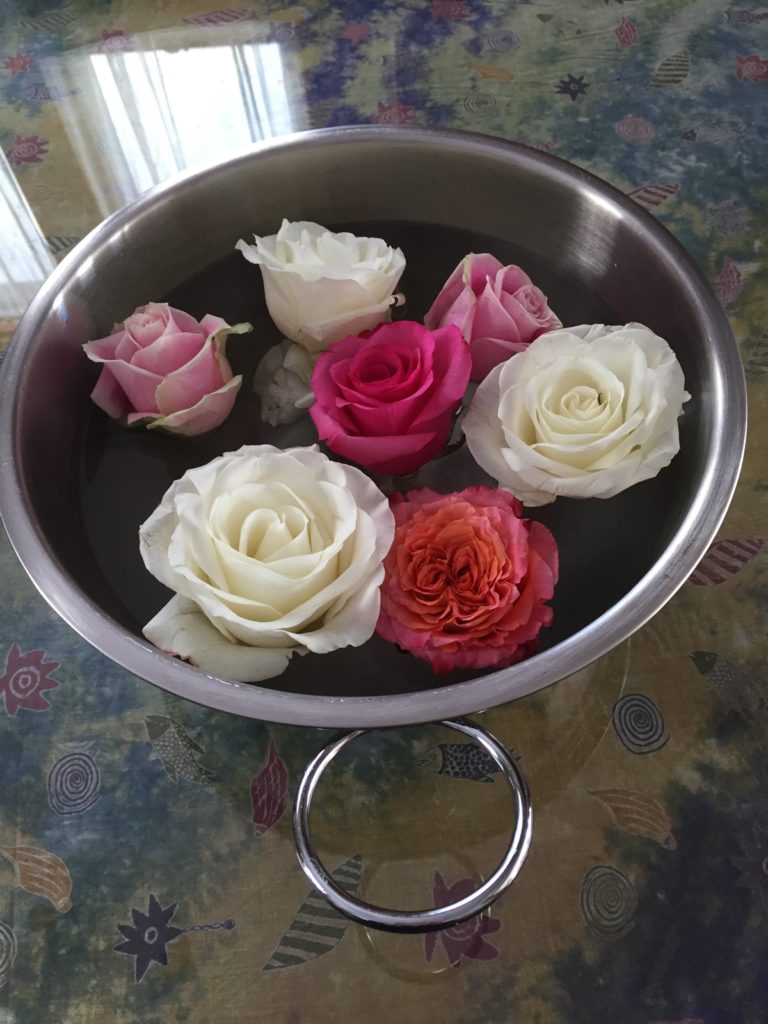
Context for My Poem, “Shakespeare in a Park”:
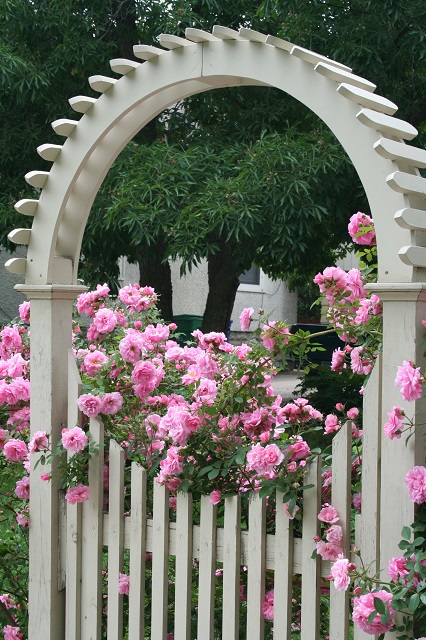
This morning, I was thinking about my first experience with Shakespeare. I already knew his name but until third grade I had not experienced his work directly. Naturally, I found it baffling, opaque. But also oddly compelling. In writing this poem, I began thinking also of how baffling I found what I heard on the television news, saw in headline form in magazines and newspapers, and overheard in snippets of adult conversation. I am still baffled by politics and popular culture most of the time but still find seemingly random juxtapositions, like silk of one apparent color shot under with another color, another set of meaning.
The poem, “Shakespeare in a Park,” tries to give voice to that preoccupation as well as to a childhood memory. Portland, Oregon is known as the City of Roses, and the production to which I allude, “The Merry Wives of Windsor,” was held in the city’s International Test Rose Garden in Washington Park. I could no more make sense of the humor in this “Civilian Comedy” (thank you, Marjorie Garber, for this term) than I could understand why Ernest Borgnine of McHale’s Navy was supposed to be funny–he frightened me more than the Big Bad Wolf, and almost as much as descriptions that began surfacing the next year (1969) of the My Lai massacre. I couldn’t make sense of why people talked about burning flags and burning bras. I do know that I had loved meterical language (“Twas the Night Before Christmas,” “Madeline’s Rescue,” and “The Cremation of Sam McGee”) as a very young child, and 1968 was the year I first began to write my own poems. Perhaps the impulse was (and still is) an ongoing attempt to make sense of the worlds inside and around me.
Until tomorrow, LESLIE
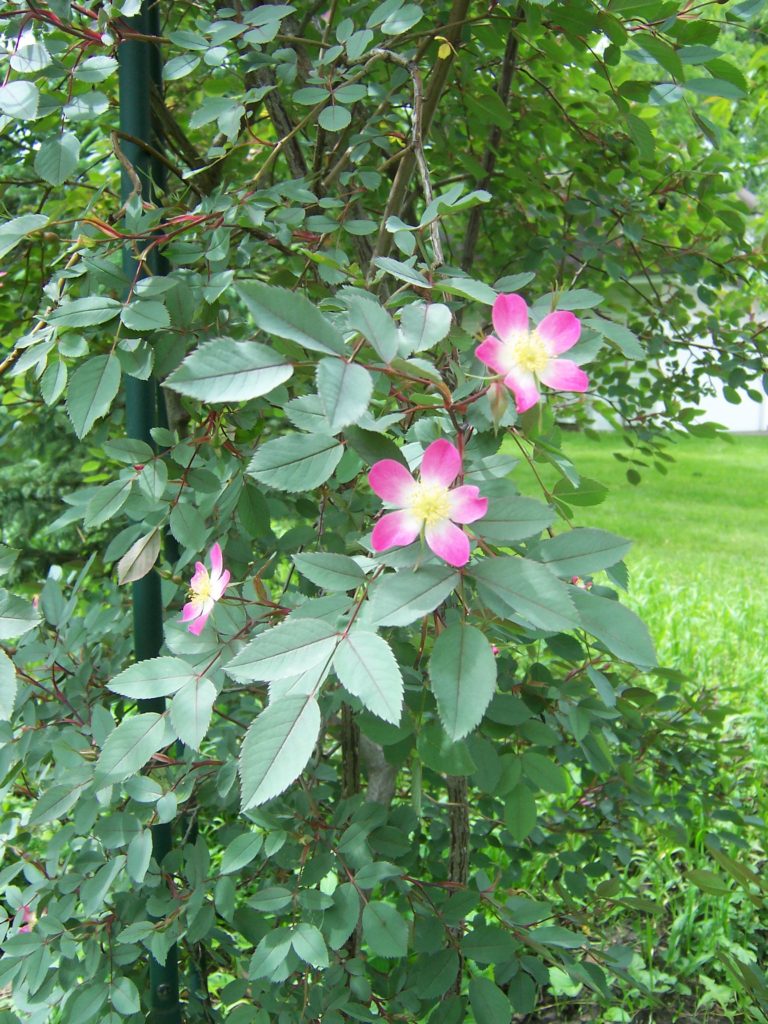

Thank you for this comment! Yes, the time baffled me, and even the poem does now! But I am glad to hear that it speaks to you.
Leslie
Nice bit of personal history to know, Leslie! I share similar confusion during those times as well. It I didn’t see my first Shakespeare until many years later. So I loved imagining you taking the play in as wonder-filled and baffled as you were with the world!